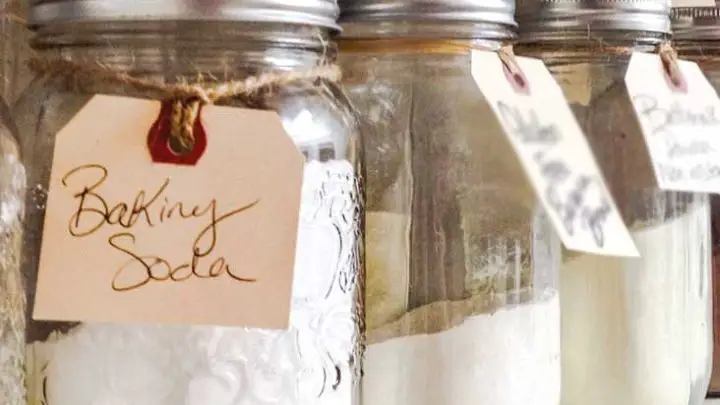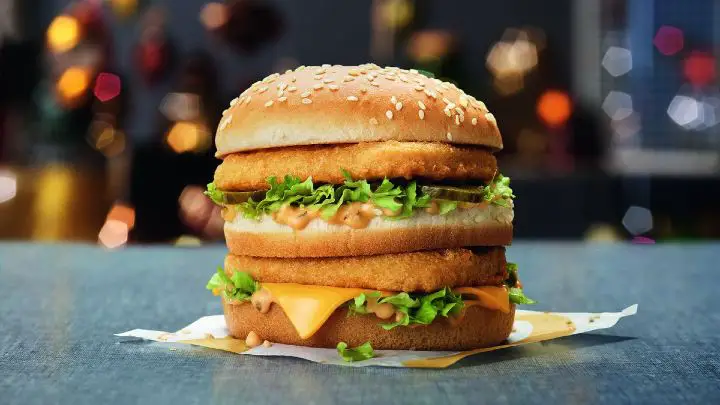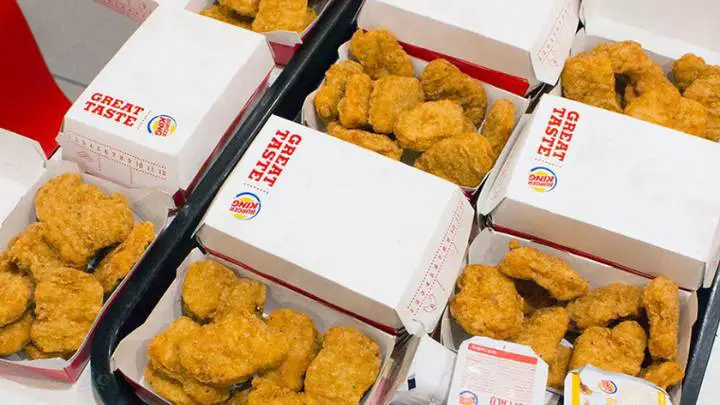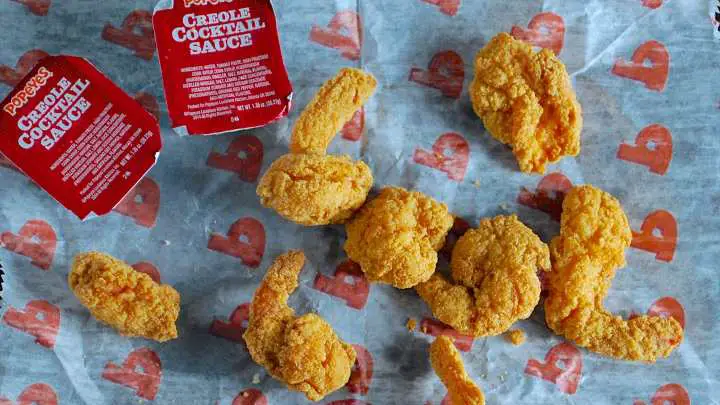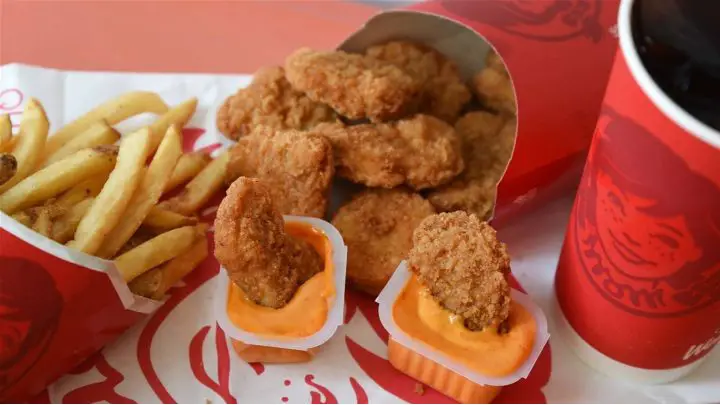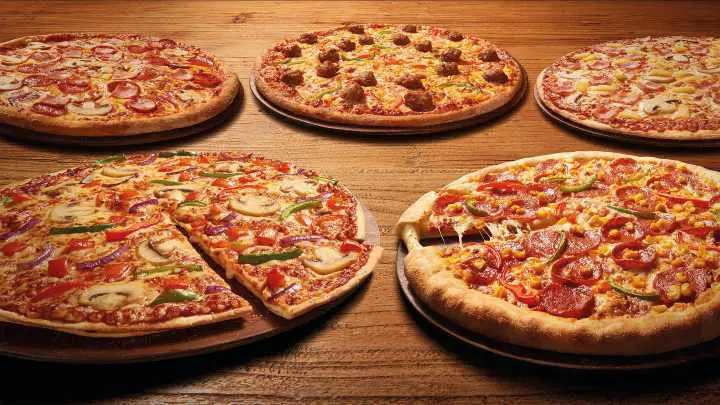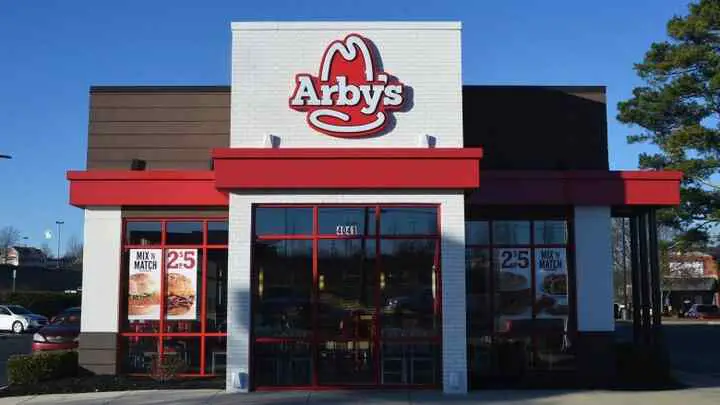Baking soda, also referred to as sodium bicarbonate, is typically used as a leavening or raising agent in baked products like cookies, pancakes, and other quick-bread varieties. But occasionally, you might run out of soda powder, so you’ll need to know the best substitutes for baking soda when making pancakes or other pastries.
An ingredient that both experienced and novice bakers use is baking soda. That is because it is simple to find in any grocery store.
The combination of an acidic ingredient, such as lemon juice or cream of tartar and baking soda, which is a very alkaline or basic substance, allows baked goods to rise and expand, offering them a fluffy and soft texture.
As a result, knowing the best substitutes you can use when baking is essential, especially the one that works best for your pancakes. Continue reading the article to the end to learn more about these alternatives.
SEE: Can You Make Baking Soda At Home?
Substitutes for baking soda in pancakes
1. Baking powder
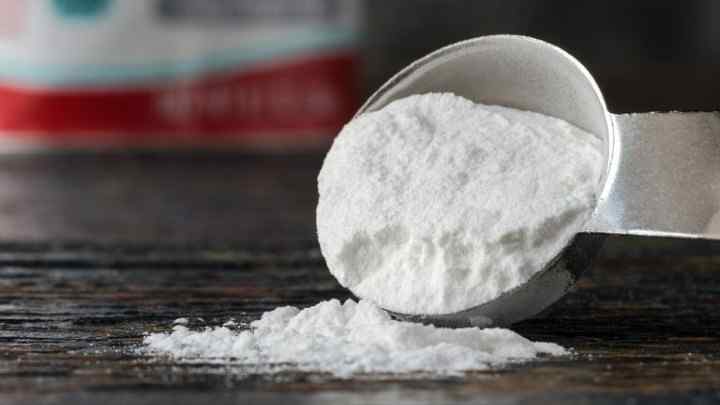
Comparable to baking soda, baking powder is a typical ingredient used in baking to promote the rise or leavening of the finished product. As a result, it can be substituted for baking soda.
Baking powder and baking soda are often confused for one another due to similarities in their names, functions, and physical traits. But they are significantly different goods.
Baking soda and cream of tartar are combined, and when exposed to heat and liquid, carbon dioxide gas is produced, which causes baked goods to rise.
Additionally, since baking powder already has an acid in it (cream of tartar), you might want to consider reducing or replacing some of the recipe’s more acidic ingredients with something neutral.
2. Potassium bicarbonate
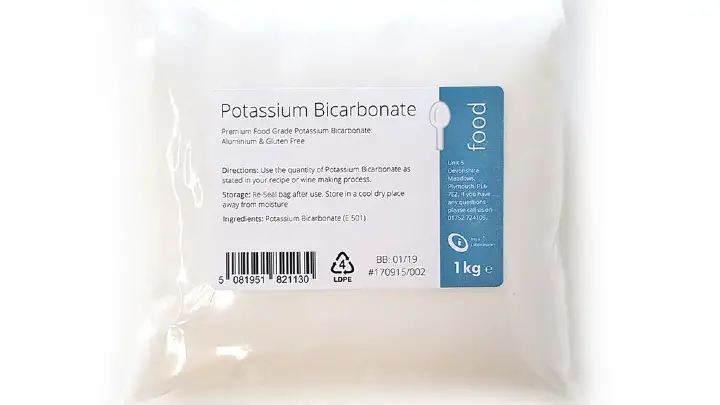
Potassium bicarbonate, though frequently used as a nutritional supplement, works well in place of baking soda.
Since potassium bicarbonate doesn’t have sodium, those attempting to lower their sodium intake will find this substitution particularly helpful. It can be substituted 1:1 ratio for baking soda.
However, because it contains little salt, the flavor of your food may change. To compensate for the flavor change, think about adding more salt to your recipe if you’re not worried about your sodium intake but doing so is optional.
Depending on the recipe, you’ll need to experiment to get the precise amount of salt you should use.
SEE: What Does Baking Soda Taste Like?
3. Heavy cream
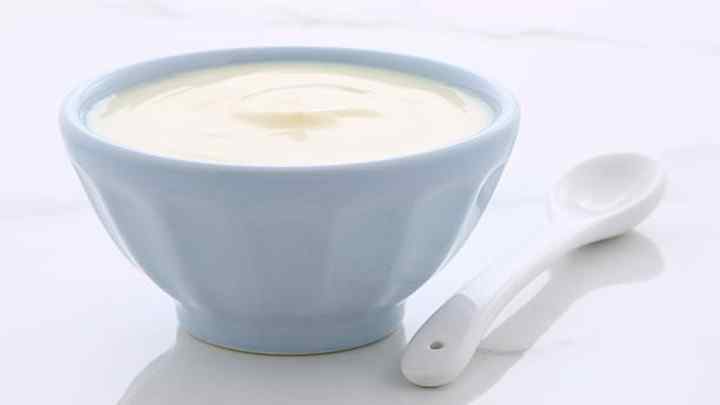
You can seek the help of heavy cream when in a pinch, but your pancakes would not be quite as fluffy as when you use baking soda.
Your pancakes will gain structure and a rich flavor from the heavy cream. However, before incorporating it into the mix for your pancake batter, ensure to whip your heavy cream by hand.
4. Baker’s ammonia
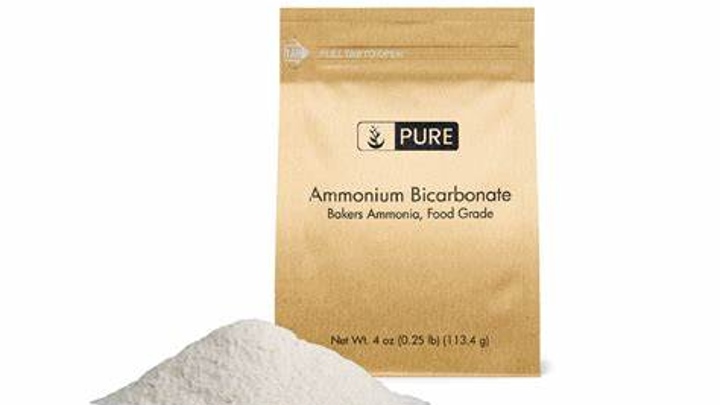
Another suitable substitute for baking soda in pancakes is the baker’s ammonia, also known as ammonium carbonate. Although this might not work in all recipes, you can still give it a go.
Due to its historical significance as one of the primary chemical leaveners used in the 13th century, it still holds its place among kitchen ingredients.
However, it is occasionally used today- baking powder and baking soda eventually took the place of baker’s ammonia in modern baking techniques.
Nonetheless, it is well known that baker’s ammonia gives baked goods distinct crispiness especially desired in some confections, like thin, crisp cookies or crackers.
Baker’s ammonia produces ammonia and carbon dioxide when merged with heat and acid. However, occasionally it can emit a potent, disagreeable odor, so you must exercise caution when using it.
The ammonia will easily disperse without hurting light, thin-textured baked goods. But in baked goods with a dense crumb, like cake or muffins, the ammonia might not be able to escape, leaving a bad smell behind.
SEE: Active Ingredients In Baking Soda
5. Club soda
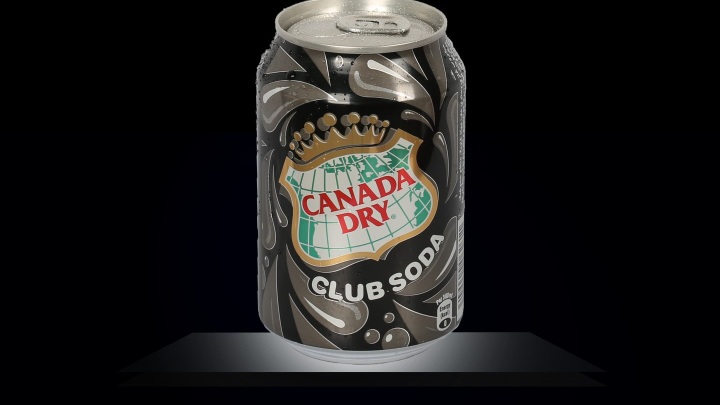
Club soda sold in bottles or cans has sodium bicarbonate and carbon dioxide, so it works well in pancake recipes that call for baking soda.
To use this, swap out the buttermilk, sour cream, or yogurt with club soda. The club soda should be added right before frying, mixed thoroughly, and fried on a very hot griddle for best results.
SEE: Can You Add Protein Powder To Pancake Mix?
6. Egg white
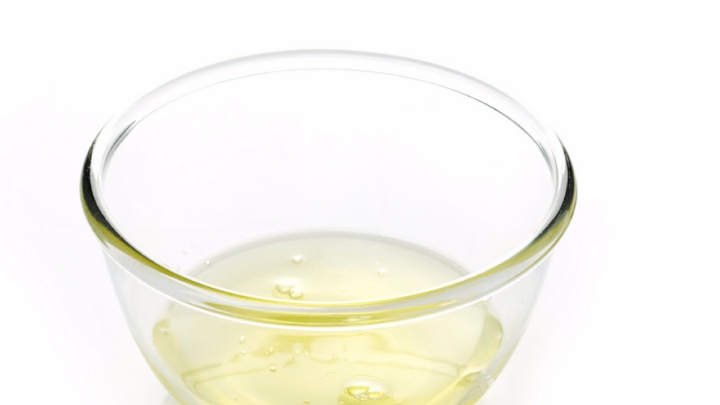
Egg whites also count as one of the substitutes for baking soda in pancakes. It will give your pancakes some rise and structure.
Additionally, if your recipe already calls for eggs, egg whites can still be used. Separating the egg whites from the yolks and whipping the whites before adding them to your recipe is the key to using eggs as a leavening agent.
SEE: Can You Use Arm and Hammer Baking Soda For Baking?
7. Self-rising flour
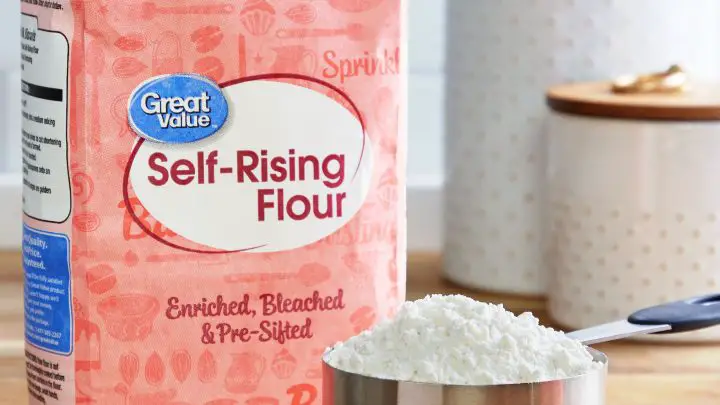
Another alternative to baking soda is self-rising flour, but the required recipe modifications are a little more complex and may not be the best choice for a beginner baker.
All-purpose flour, baking powder, and salt are the ingredients found in self-rising flour. There are about 1 1/2 teaspoons (or 120 grams) of baking powder and salt each in about one cup of self-rising flour.
If you use baking soda in a recipe, it usually goes along with an acidic ingredient for baking soda can react with it.
Therefore, substitute the acid in your traditional recipe with one that goes with self-rising flour. This is necessary to maintain the harmony of the pancake’s taste.
Depending on the recipe you use, this step in the pancake-making process can be a little challenging, but learning through trial and error is a great way to improve as a home baker.
SEE: Here’s How You Can Tell If Baking Powder Is Acid or Base
FAQs
Can you use anything instead of baking soda?
Yes, you can. Without a doubt, the best baking soda substitute available is baking powder. In a 1:3 ratio, replace one tablespoon of baking soda in your recipe with three tablespoons of baking powder.
Even though this may be difficult, it is also possible to substitute self-rising flour for baking soda by making a little adjustment to the recipe.
Do you need to use baking soda in pancakes?
Yes, you do. About all pancake recipes call for baking soda or powder. However, you can also make regular pancakes at home using all-purpose flour or wheat flour without the need for baking powder or baking soda.
SEE: How To Tell If Baking Powder Is Aluminum Free
Can you use vinegar instead of baking soda?
Absolutely. Vinegar works in pancakes because of its acidic ph. However, it is always best to combine baking soda with vinegar. Together, they have a leavening effect on cakes and cookies.
Any type of vinegar will work. But white vinegar has the most neutral flavor and won’t alter the color of your final result.
What makes pancakes fluffy and rise?
Carbon dioxide (CO2) gas is created when the lactic acid and bicarbonate in the flour interact. As the batter mixes, gas bubbles are trapped in the mixture, giving the pancake its fluffy texture.
Conclusion
Baking soda is widely used in baking because it is used in many recipes, including those for pancakes.
Numerous quick bread recipes call for baking soda, which contributes to the final product’s leavening and volume. However, because of these excellent substitutes, soda powder can be replaced with various ingredients and methods.
Finally, you can use any of the substitutes in this article for baking soda when making pancakes.
Thanks for reading.
If you enjoyed reading this article, view Cheffist for more.
